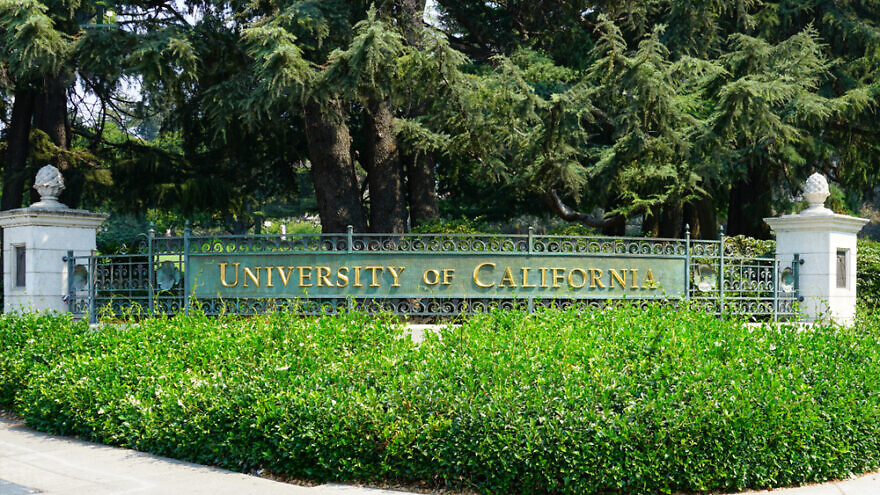A group of anti-Israel law students at the University of California, Berkeley, are celebrating what they are calling a “victory” on campus after convincing a number of other student groups to support the BDS movement from those “complicit” in the “occupation of Palestine.”
“Victory!” announced the social-media post from the Law Students for Justice in Palestine at Berkeley Law just days before the start of the school year this week. “LSJP is so excited to announce that multiple student affinity groups and clubs at Berkeley Law have adopted a pro-Palestine bylaw divesting all funds from institutions and companies complicit in the occupation of Palestine and banning future use of funds towards such companies!”
According to Tammi Rossman-Benjamin, director of the AMCHA Initiative, “this is part of the anti-normalization element of BDS, which seeks to exclude, marginalize and demonize Jewish and Zionist identity on campus, and is one of the reasons that BDS inspires the targeting of Jewish students for harm.”
AMCHA reported that among the Berkeley Law student groups pledging to support the BDS movement are Berkeley Law Muslim Student Association; Middle Eastern and North African Law Students Association; Womxn of Color Collective (WOCC); Asian Pacific American Law Students Association; Queer Caucus; Community Defense Project; Women of Berkeley Law; and Law Students of African Descent.
This, she affirmed, “is clear anti-Semitism.”
According to the dean of Berkeley Law, Erwin Chemerinsky, there are 1,400 students and more than 100 student organizations at the school, and only a tiny fraction of those groups signed to SPJ’s request—and that most had no idea this was happening.
Chemerinsky wrote a letter to the heads of student organizations on Thursday, telling JNS that “everyone needs to feel they belong and can be included,” and that it is his hope that other groups “think about the effect of [the SPJ measure] on the other students.”
“I believe this law school is a place where views can be expressed, and I believe a university should be a place where all views can be expressed,” he told JNS. “What this does is shut down [free] speech.”


























